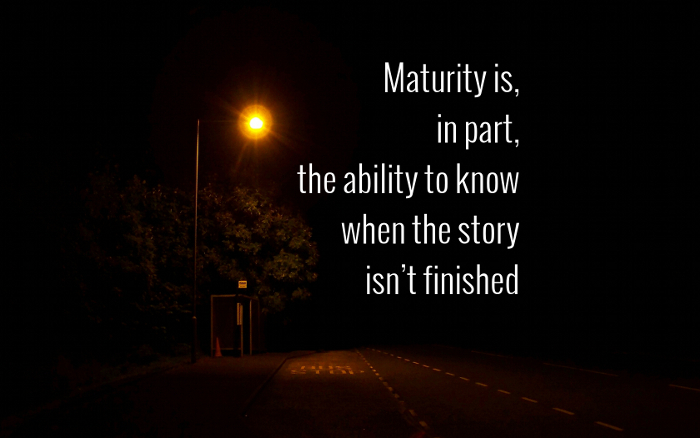
Our world is a mess. It’s not hard to figure that out. But God is at work putting the lonely in families, healing hurts, restoring relationships, rebuilding lives and communities. Much of this work happens below the radar, out of plain sight, quietly. God is mostly invisible most of the time. But that doesn’t mean He isn’t at work. The Bible and our life experience with God reveal a God who loves to fix things that are broken.
We read in this in Acts 10:38: “And you know that God anointed Jesus of Nazareth with the Holy Spirit and with power. Then Jesus went around doing good and healing all who were oppressed by the devil, for God was with him.” (NLT) If you think about the miracles of Jesus, from turning water into wine to raising widow’s only child from the dead, they were all about making life better. Wherever God goes, He makes things better for those who are willing to welcome Him in. God fixes things.
Not only does God fix things, but we get to help. We get to give food to the hungry. We get to give medicine to the sick. We get to comfort the grieving. We get to be part of God’s beautiful work of restoring, rebuilding, redeeming.
The Bible describes us His children as the body of Christ. Our hands are the hands of Jesus touching our world with healing and kindness. Our words are (or can be) the words of Jesus, soothing hurts, bringing life to those around us. Whether it’s saying a kind word to someone on the phone or flying around the world to rebuild a community devastated by an earthquake, we get to help. In everything we do, we are bringing the presence of Jesus into our world.
This post is an excerpt from Dwight’s book, Spiritual Self Defense. For more information about Spiritual Self Defense, visit https://ssdcourage.com/spiritual-self-defense/
Bible trivia:
Answer from last time: Through them, God raised someone(s) from the dead.
New question: What was the first recorded miracle of Jesus?

























